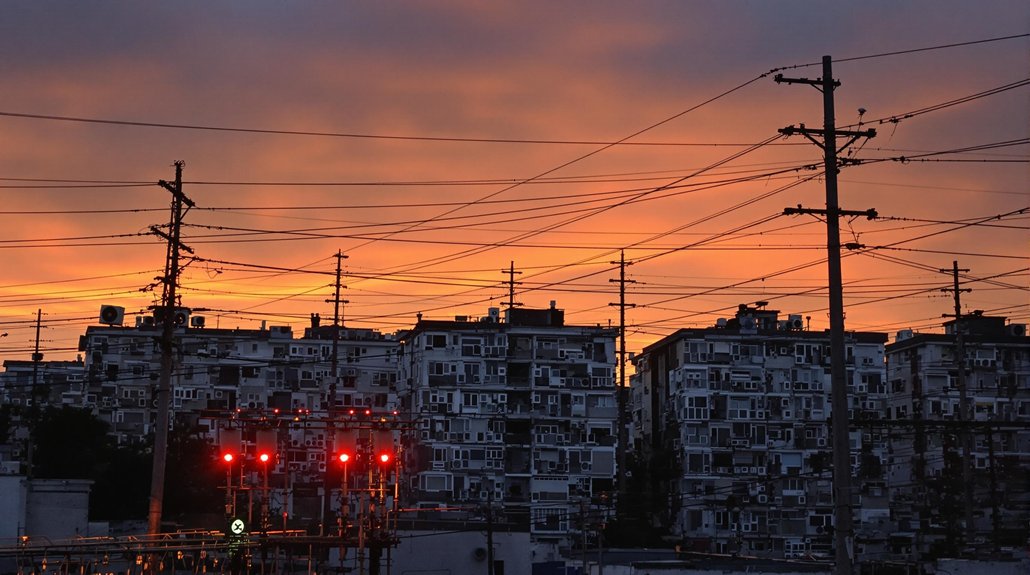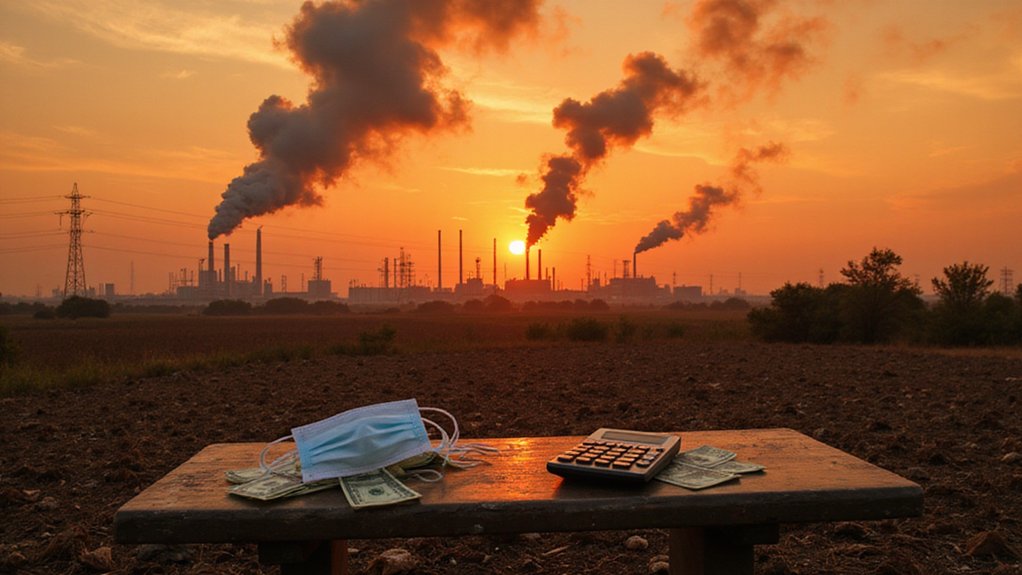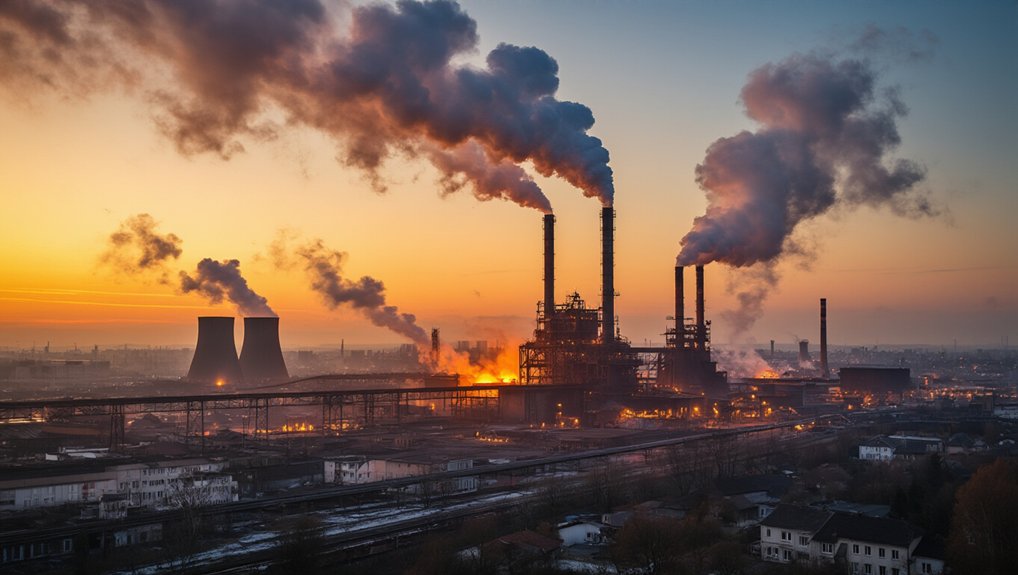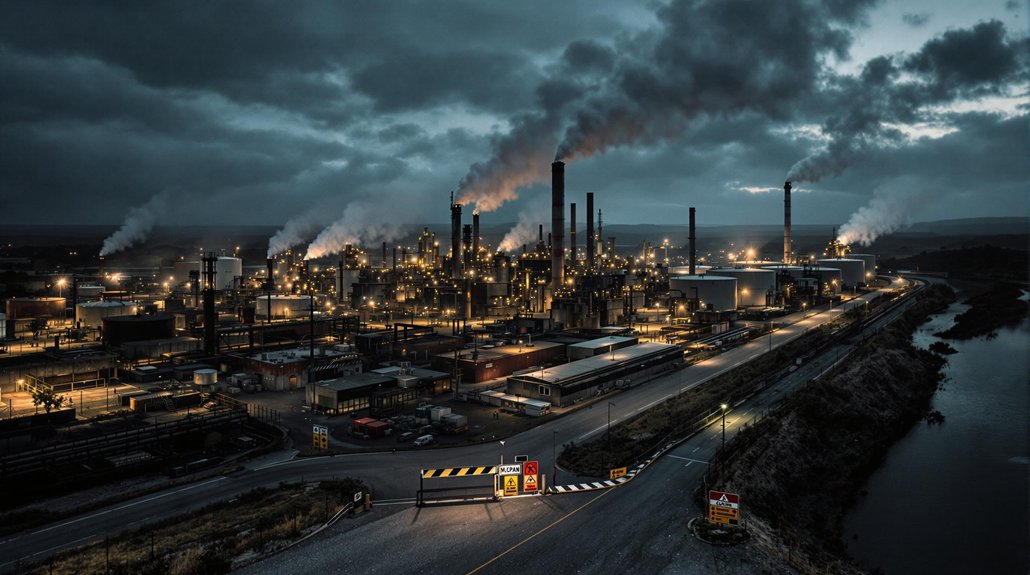While southern Europeans once survived scorching summers with nothing more than a cold drink and a siesta, the continent is now firmly in the grip of an air conditioning obsession. Italy leads the charge, guzzling a third of the EU’s total AC electricity—nearly 23,000 terajoules yearly. That’s a lot of cold air.
The numbers are staggering. From fewer than 7 million room air conditioners in 1990, Europeans are expected to have over 100 million units humming by 2030. Why? Because when temperatures hit 48°C in southern Europe last summer, sweating it out simply wasn’t an option anymore. Especially not for the continent’s aging population.
Europeans used to scoff at American-style cooling addiction. Not anymore. Those record-breaking heatwaves of 2025 changed everything. AC isn’t just comfort; it’s survival. And the power grid is feeling the pain.
During last summer’s heat crisis, daily power demand surged by 14%. Grid operators panicked. Power plants overheated and shut down—right when everyone cranked their units to maximum cool. Talk about terrible timing. This crisis is worsened by the urban heat island effect, with cities like Paris experiencing temperature increases of up to 4°C due to concentrated air conditioning use.
The price spikes were obscene. Energy traders watched as spreads exceeded €400/MWh during the hottest days. Even record solar generation couldn’t save the day. When evening came and the sun disappeared, AC units kept running while solar panels sat useless.
The environmental irony is thick enough to choke on. Europeans are using greenhouse gas-spewing machines to escape the heat caused by… greenhouse gases. Nearly all European AC units use inefficient technology with refrigerants up to 10,000 times more potent than CO₂. They’re cooling homes while heating the planet. Particularly concerning is Greece, which ranks second in consumption despite its smaller population size.
Meanwhile, sensible solutions like better building insulation, passive cooling, or simply upgrading to efficient units remain underutilized. Europeans would rather complain about the heat than fix the problem. The transportation sector’s fossil fuel dependence compounds this issue, with emissions from vehicles creating additional heat stress in urban environments.
The addiction is real. And like most dependencies, it’s going to be painful to break.
References
- https://www.euronews.com/my-europe/2025/07/15/these-eu-countries-are-air-con-addicts-who-consumes-the-most-energy-to-cool-down
- https://cinea.ec.europa.eu/news-events/news/coollife-breaking-vicious-circle-air-conditioning-2025-07-31_en
- https://ember-energy.org/latest-insights/heat-and-power-impacts-of-the-2025-heatwave-in-europe/
- https://ec.europa.eu/eurostat/web/interactive-publications/energy-2025
- https://worldpopulationreview.com/country-rankings/air-conditioning-usage-by-country









